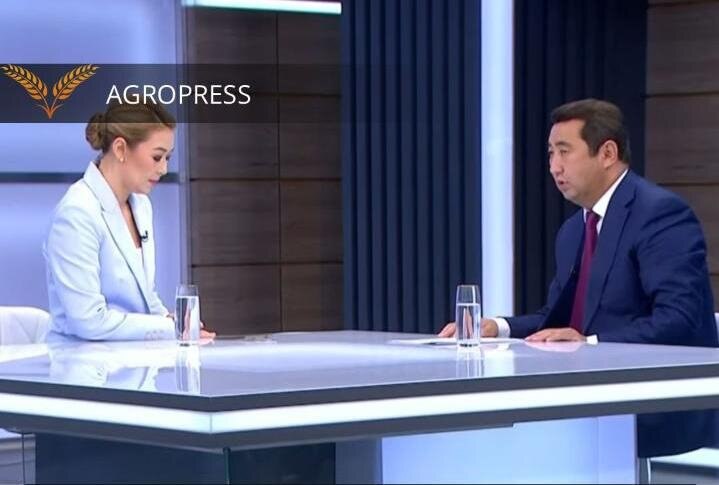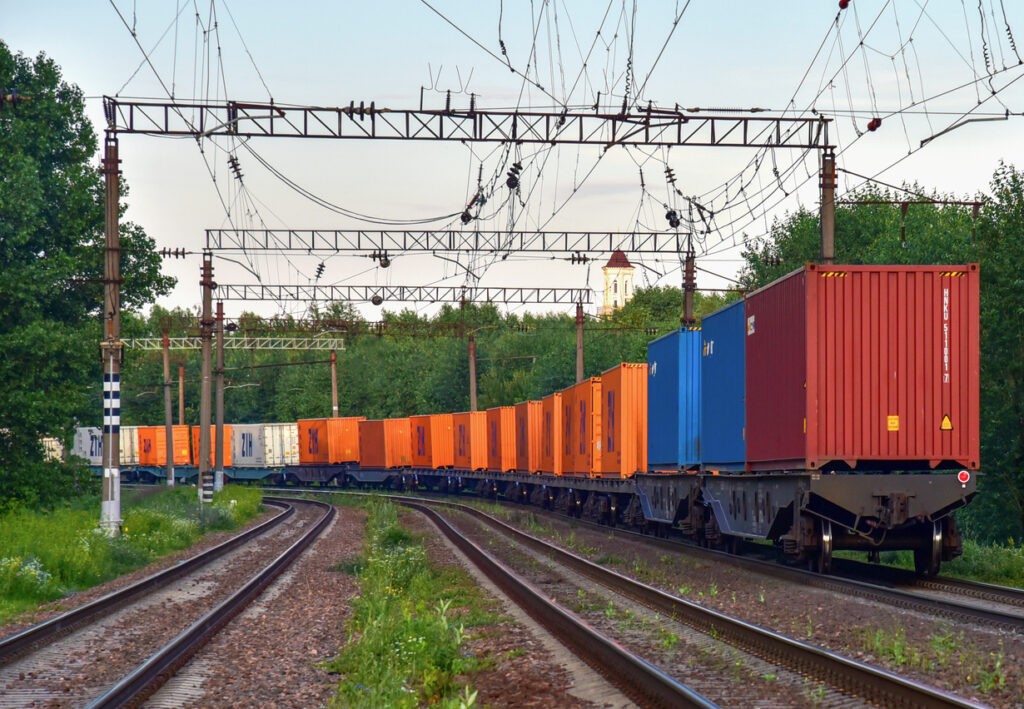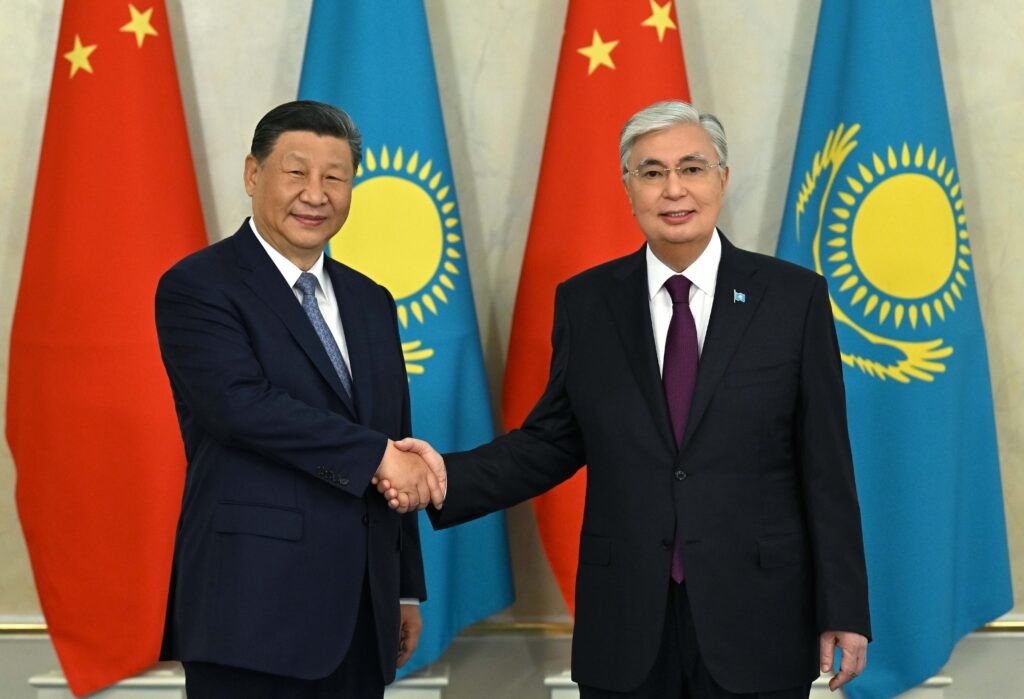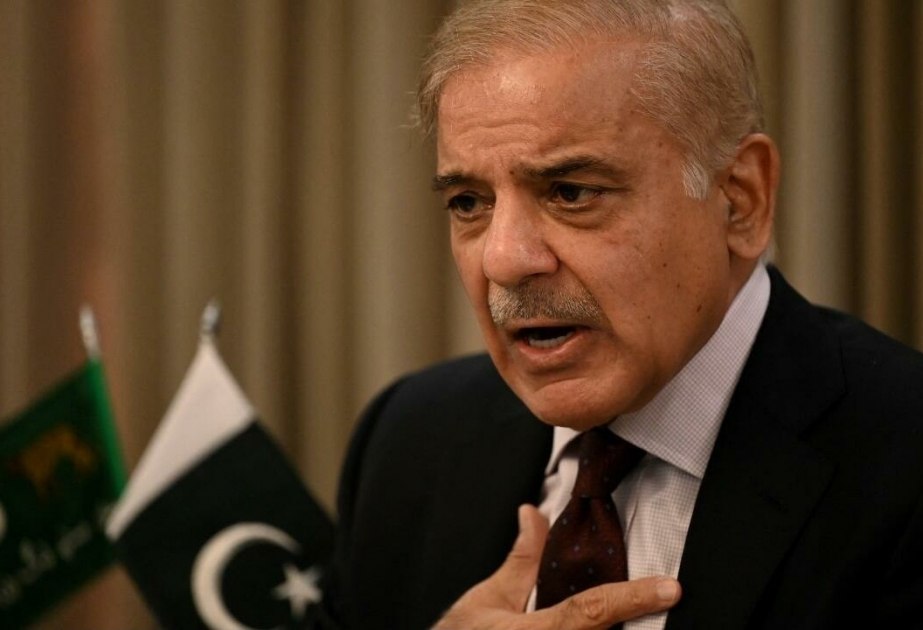KABUL (TCA) — President Donald Trump’s decision to partially withdraw US forces from Afghanistan has prompted Beijing and Islamabad to shift their focus to “new changes” in the region, political analysts told Russia’s Sputnik news agency. The experts explained how the US troop pullout may affect the balance of power in Central Asia.
“The situation in Afghanistan is far from stable as the rule of law has not yet been restored. Trump wants to get rid of some international obligations in the interests of the United States, hence his decision to withdraw troops from Afghanistan,” Ji Kaiyuan, director of the Centre for Iranian Studies at the Southwest University of China, told Sputnik.
The scholar underscored that, under these circumstances, Beijing will continue to support the process of political reconciliation in Afghanistan.
According to Ji, China will closely cooperate with Afghanistan’s neighbours due to the construction of an economic corridor through Pakistan within the framework of the Belt and Road initiative.
“China will maximally participate in the economic reconstruction of Afghanistan, strengthen humanitarian exchanges, taking on the responsibilities of a major power,” the Chinese scholar emphasized.
On 20 December two defence officials told The New York Times that Donald Trump had ordered the military to start withdrawing 7,000 troops from Afghanistan in the coming months, signalling “an abrupt shift in the 17-year-old war”.
Currently, the US has a 14,000-strong military contingent deployed in Afghanistan, in addition to 8,000 NATO and allied troops.
The decision to partially withdraw American troops from the country can change the balance of power in Afghanistan, Russian political analyst Stanislav Tarasov said. According to him, this may create new challenges for China, whose influence on Afghan affairs recently increased.
“When the Americans say that they are pulling out of Afghanistan, they give the impression of a wounded animal,” Tarasov said. “They leave traces of blood behind them, but this does not mean that fertile wheat will rise on this blood. Radical elements can strengthen there, and it is quite possible for members of the Islamic State [Daesh] terrorist group to move to Afghanistan after being defeated in Syria and Iraq”.
The political analyst warned that the Taliban’s influence and clout is likely to increase: “They maintain control over larger part of the country,” he said, adding that one should not rule out conflicts between the Taliban and Daesh.
“How will China and Pakistan act in this situation? There are no definite answers yet. To this end, Beijing and Islamabad are conducting consultations and jointly assessing the situation,” he noted.








